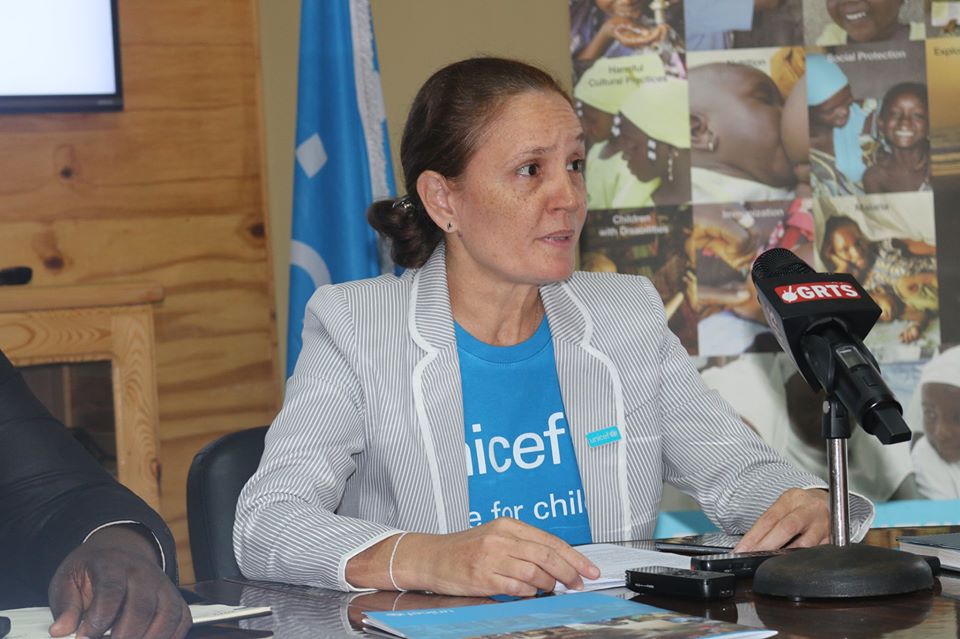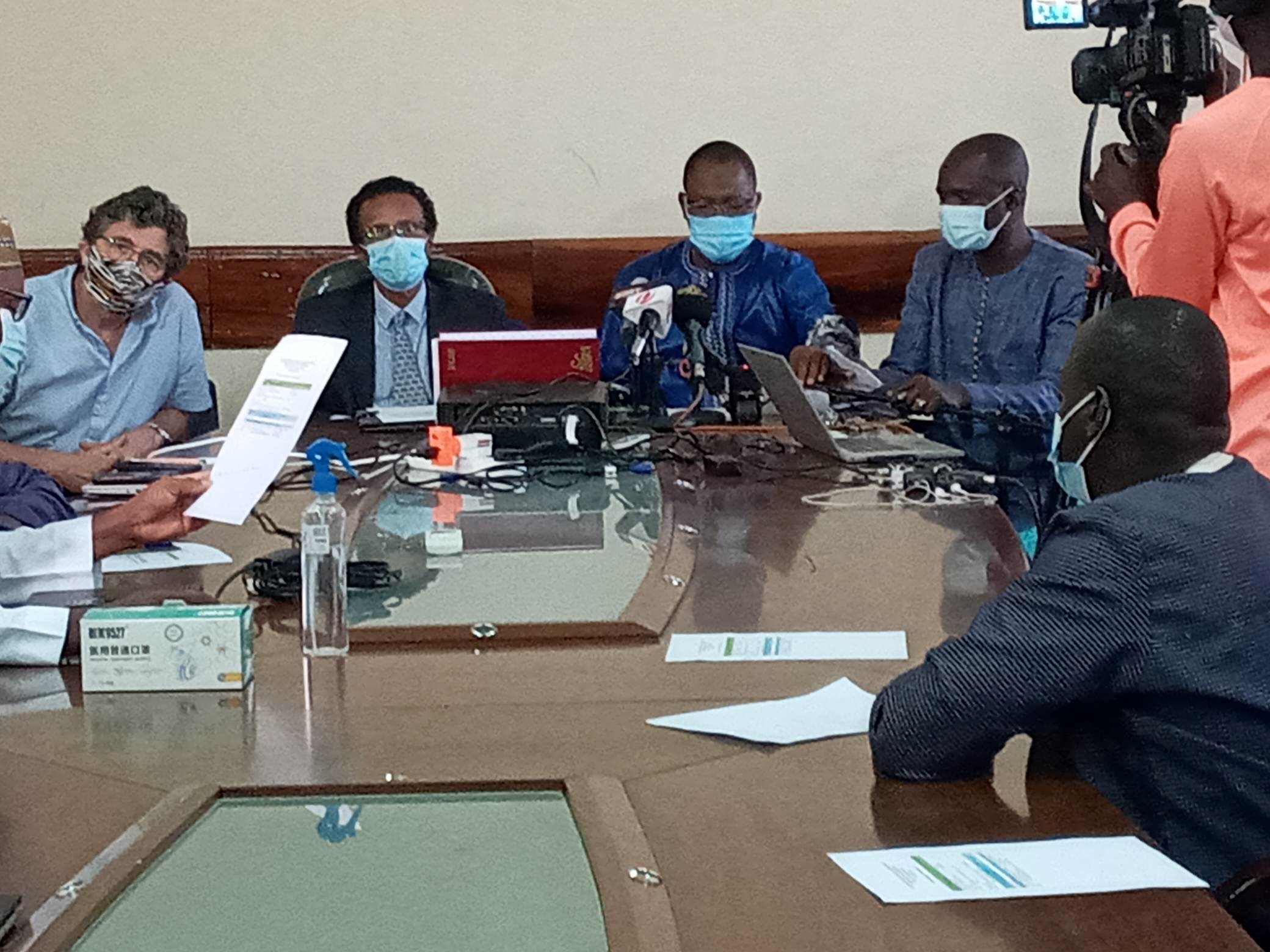Registered births increased almost five per cent over past decade in The Gambia, yet tens of thousands of children under-five have never been officially recorded, UNICEF said in a statement made available on Tuesday.
“The number of children whose births are officially registered has increased slightly in The Gambia, but tens of thousands of children remain unregistered. The trend mirrors the global reality where 166 million children under-five, or 1 in 4, remain unregistered,” according to a new report released by UNICEF on its own 73rd anniversary.
‘Birth Registration for Every Child by 2030: Are we on track?’ – analyses data from 174 countries and shows that the proportion of children under-five registered globally is up around 20 per cent from 10 years ago – increasing from 63 per cent to 75 per cent, the statement said.
According to the statement, in The Gambia, data from The Multiple Indicator Cluster Survey 2018 shows a slow increase of 5.8% in the number of births registered from 2010 – 2018 (from 52.5% in 2010 to 57.9% in 2018). While the figures look bad, 78 out of every hundred mothers and caregivers (78.9%) know how to registrar their children.
“We have registered huge gains but too many children in The Gambia are still without birth certificates,” said UNICEF Country Representative, Sandra Lattouf. “Too many children remain uncounted and are therefore virtually non-existent in the eyes of the law.”
The statement also said, with support from UNICEF, The Gambia Ministry of Health is now scaling up registration by decentralizing and integrating birth registration into immunization and the delivery of key social services such as cash transfer programmes.
“The birth registration unit under the Ministry of Health has started digitalization of birth registration. The Birth, Death and Marriage Act is being reviewed to give opportunity for integration into the single registry and other services like immunization,” the statement revealed.
“Like other child rights, there is also a gender disparity in birth registration in The Gambia. Boys are more registered than girls – 59.5% and 56.2% respectively. Barriers to registration in The Gambia include the inflexibility of the birth registration process, low awareness about the importance of birth registration, and distance to the nearest registration facility.”
“In some birth registration centres, thousands of birth certificates remain accumulated without their owners claiming them” said Ms. Lattouf. “Parents and caregivers must build interest in the registration of their children and ensure that their children are issued a birth certificate.”
UNICEF recognizes challenges related to birth registration in The Gambia and has made birth registration a priority in the UNICEF The Gambia country programme 2017 – 2021. UNICEF is also supporting the government of The Gambia to ensure that children under 5 years are registered and issued certificates on time.
“Birth registration is not a privilege; it is a human right that every child is entitled to,” said Sandra Lattouf. “We must safeguard the legal identity of children and providing them birth certificates is the first and most important step toward ensuring that every child has legal recognition.”
In Birth Registration for Every Child by 2030, UNICEF calls for five actions to protect all children by providing every child with a certificate upon birth, empower all parents, including single parents, regardless of gender, to register their children at birth and for free during the first year of life, link birth registration to basic services, particularly health, social protection and education, as an entry point for registration, invest in safe and innovative technological solutions to allow every child to be registered, including in hard-to-reach areas and engage communities to demand birth registration for every child.
“It is the business of every person in The Gambia to ensure every child is registered,” the statement said.




